Pakistan and 21 other crisis-hit countries will witness an increase in acute food insecurity over the next six months, according to a new early warning report issued by two Rome-based UN agencies.
The report by the World Food Programme (WFP) and the Food and Agriculture Organisation (FAO) calls for urgent attention to save both lives and livelihoods. It covers the period from June to November 2023.
Called ‘Hunger Hotspots — WFP-FAO early warnings on acute food insecurity’, the report identified 18 hotspots with Afghanistan, Nigeria, Somalia, South Sudan and Yemen placed at the highest alert level and Haiti, the Sahel (Burkina Faso and Mali) and Sudan elevated to the highest concern levels.
“Business-as-usual pathways are no longer an option in today’s risk landscape if we want to achieve global food security for all, ensuring that no one is left behind,” FAO Director-General QU Dongyu said in a statement.
“We need to provide immediate time-sensitive agricultural interventions to pull people from the brink of hunger, help them rebuild their lives, and provide long-term solutions to address the root causes of food insecurity. Investing in disaster risk reduction in the agriculture sector can unlock significant resilience dividends and must be scaled up,” he added.
The report also highlighted the risk of a spill-over of the Sudan crisis raising the risk of neighbouring countries to negative impacts.
“Not only are more people in more places around the world going hungry, but the severity of the hunger they face is worse than ever,” WFP’s Executive Director Cindy McCain said in a statement.
“This report makes it clear: we must act now to save lives, help people adapt to a changing climate, and ultimately prevent famine. If we don’t, the results will be catastrophic,” McCain warned.
In addition, global economic shocks and stressors continue to drive “acute hunger” across almost all hotspots, the report added.
With unusually high global food prices, low to middle-income countries will likely be driven further into a deep crisis, it added.
Pakistan, the Central African Republic, Ethiopia, Kenya, the Democratic Republic of the Congo, Syria and Myanmar, which has been included in the latest report for the first time, were described as hotspots of very high concern.
“All these hotspots have a large number of people facing critical acute food insecurity, coupled with worsening drivers that are expected to further intensify life-threatening conditions in the coming months,” the report warned.
Lebanon, El Salvador and Nicaragua have all been added to the list of hotspots since the last edition was published and El Salvador, Guatemala, Honduras, and Nicaragua have been included in the report again.
To avert a further deterioration of acute hunger and malnutrition, the report provides concrete country-specific recommendations on priorities for an immediate emergency response to save lives, prevent famine and protect livelihoods, as well as anticipatory action.
Humanitarian action will be critical in preventing starvation and death – particularly in the highest alert hotspots, but the report notes how humanitarian access is constrained by insecurity, bureaucratic barriers, and movement restrictions – posing a major challenge to humanitarian responders around the globe.
The report also stresses the importance of strengthening anticipatory action in humanitarian and development assistance – ensuring predictable hazards do not become full-blown humanitarian disasters.
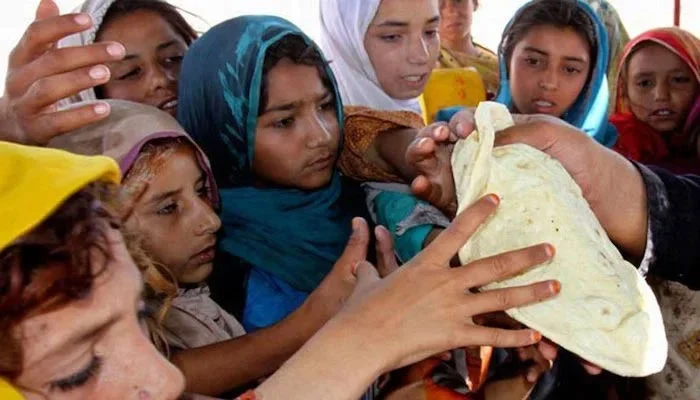

 Business11 hours ago
Business11 hours ago
 Latest News11 hours ago
Latest News11 hours ago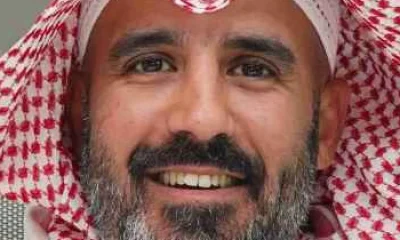
 Business11 hours ago
Business11 hours ago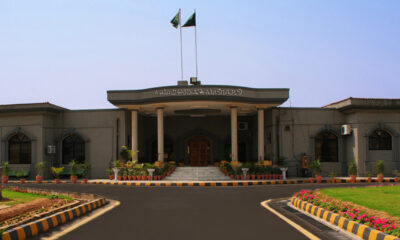
 Latest News11 hours ago
Latest News11 hours ago
 Pakistan11 hours ago
Pakistan11 hours ago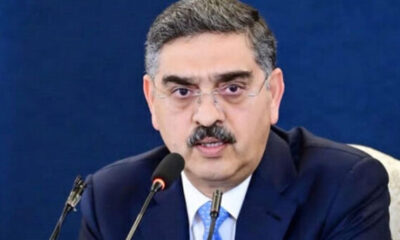
 Latest News11 hours ago
Latest News11 hours ago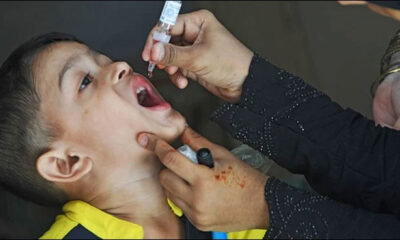
 Latest News11 hours ago
Latest News11 hours ago
 Business12 hours ago
Business12 hours ago









